Turning Food into Flowers and Cooking Oil into Fuel
How Xanterra-managed national park lodges are reducing food waste and supporting sustainability
By turning food into flowers and cooking oil into fuel, Xanterra Parks & Resorts, the largest concessioner of national park lodges, performs conservation “magic.”The combined food waste diverted from landfills at five Xanterra-managed national park lodges in 2016 weighed 1,425,540 pounds — or more than the weight of nine space shuttles. Transforming food garbage into plant compost, animal feed, and fuel removes these materials from landfills, thereby reducing pollution and protecting open space.
Cutting-edge equipment makes composting more efficient. For example, Zion Lodge’s kitchen participated in a pilot program that reduced its food waste by 80 percent to 90 percent. “In 2016 we were the first kitchen in the nation to use the grinder, centrifuge and dehydrator technology,” says Alex Rogers, sustainability and safety manager for Zion Lodge.
Food waste sustainability takes more forms than just composting. Some Xanterra lodges eliminate thousands of glass bottles by serving keg beer and wine and reduce the mountains of plastic bottles visitors throw out by offering water filling stations.
“The public is excited about our sustainability programs because the public wants to soften their footprint,” says Matt Folz, director of sustainability for Glacier National Park Lodges.
Here are highlights of the food waste reduction and sustainability programs at five Xanterra Parks & Resorts in 2016:
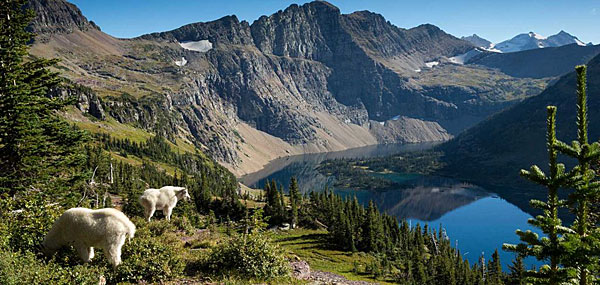
Glacier Hidden Lake
Glacier National Park Lodges
In 2016, Glacier converted 175,540 pounds of kitchen food waste into compost, more than doubling its first year’s diversion of 72,000 pounds in 2015. Local company Dirt Rich picks up the food waste, morphing it into compost, some of which returns to the park to nourish the flower beds at Lake McDonald Lodge and Many Glacier Hotel. Instead of selling plastic bottles of water, Glacier provides water refill stations.
For more information and reservations, visit glaciernationalparklodges.com or call 855-733-4522.
Grand Canyon National Park Lodges
Four South Rim lodges and Phantom Ranch at the canyon’s bottom collected 75,000 pounds of pre-consumer food waste that became compost in 2016. Operation Shrivelly Apples, which started in 2014, diverted 30,000 pounds of dried-up apples, celery leaves, fruit rinds and other post-consumer food waste from landfills that year by feeding the mix to the park’s mules, who produced 1.5 million pounds of manure that was processed into compost by a Flagstaff, Ariz., company. Guests can now discard their own apple cores, banana peels, and other appropriate food items into specially marked composting bins in the lodges.
In addition, all beer sold in Xanterra’s Grand Canyon lodges comes from taps, not from bottles. Since 2011 Xanterra’s Grand Canyon lodges have provided water filling stations in lieu of selling plastic bottles of water.
For more information and reservations, visit grandcanyonlodges.com or call 888-297-2757.
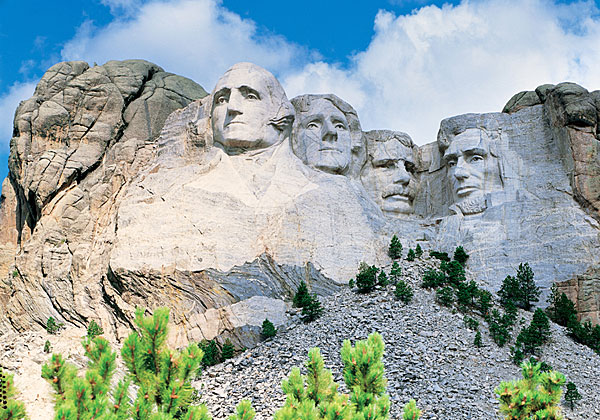
Mount Rushmore
Mount Rushmore National Memorial
Some 16,000 pounds of pre- and post-consumer food waste collected from Carvers’ Marketplace, the park’s only dining facility, was transformed into compost by a local company.
For more information, visit mtrushmorenationalmemorial.com or call 605-574-2515.
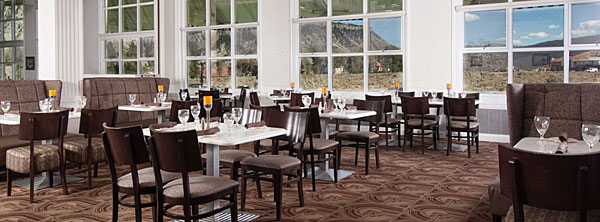
Mammoth dining room
Yellowstone National Park Lodges
Yellowstone national park lodges had a multitude of food waste reduction wins in 2016. They diverted 1.2 million pounds of compostable material from landfills, most of it from food service operations. In 2016 the Mammoth Dining Room — which became the first four-star green restaurant in the national park system, according to the Green Restaurant Association — switched to serving only keg beer. And Canyon Lodge dining rooms opted to provide only keg beer and wine. Collectively, this resulted in the elimination of 3,130 wine bottles and 9,708 cans and bottles of beer from waste streams. Instead of selling plastic bottles of water, Xanterra-managed outlets feature water in aluminum cans, a material that recycles more easily than plastic. Furthermore, a local company turned some 30,000 pounds of the kitchens’ cooking oil into biofuel. And since 2011, all the disposable utensils in Xanterra-operated quick-service outlets have been made from biodegradable polylactic acid, a plant-based material made from corn that is fully compostable.
For more information and reservations, visit yellowstonenationalparklodges.com or call 307-344-7311.

Zion National Park
Zion National Park Lodge
As a result of a pilot program at Zion Lodge’s kitchen, the facility diverted 29,000 pounds of post-consumer food waste from landfills, turning the mix into compost. The system, unique among Xanterra-managed lodges in 2016, employs a three-stage approach. Kitchen staff feed post-consumer leftovers to a grinder that mashes the food into small pieces before pumping the bits into a centrifuge that spins the waste to remove water. Next, a dehydrator heats the material to 180 degrees Fahrenheit to kill pathogens and bacteria. The pulp-like end product becomes compost that is used by the nearby Springdale community and local ranches. The program has created some cost savings, too. “We have seen a noticeable decrease in the cost of waste removal. Food is a large part of waste and we pay per ton for removal,” says Rogers.
For more information and reservations, visit zionlodge.com or call 888-297-2757.


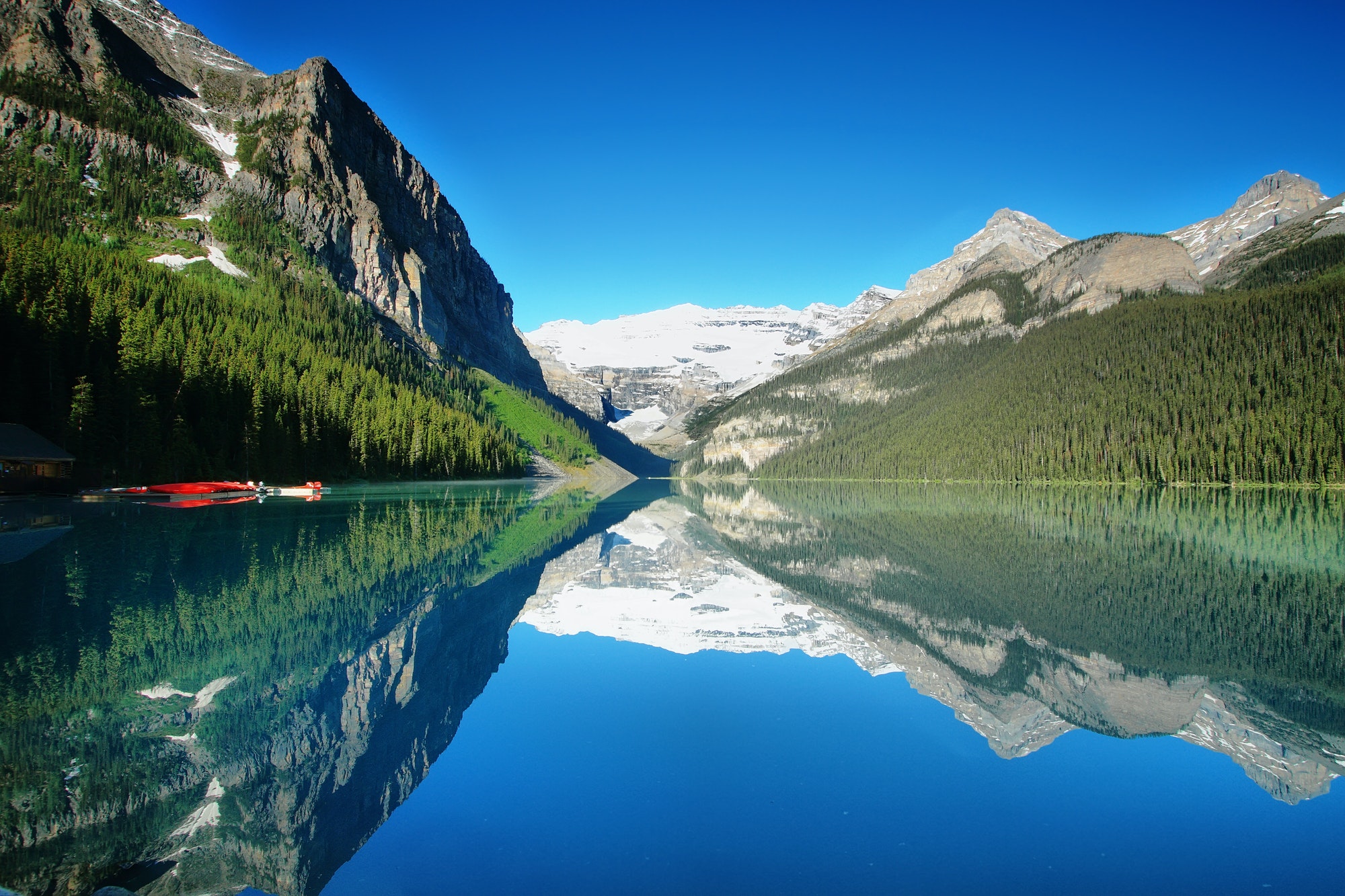 Great Family Vacations
Great Family Vacations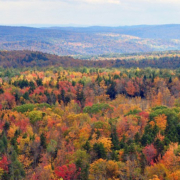 Dentist's Money Digest
Dentist's Money Digest Frommers.com
Frommers.com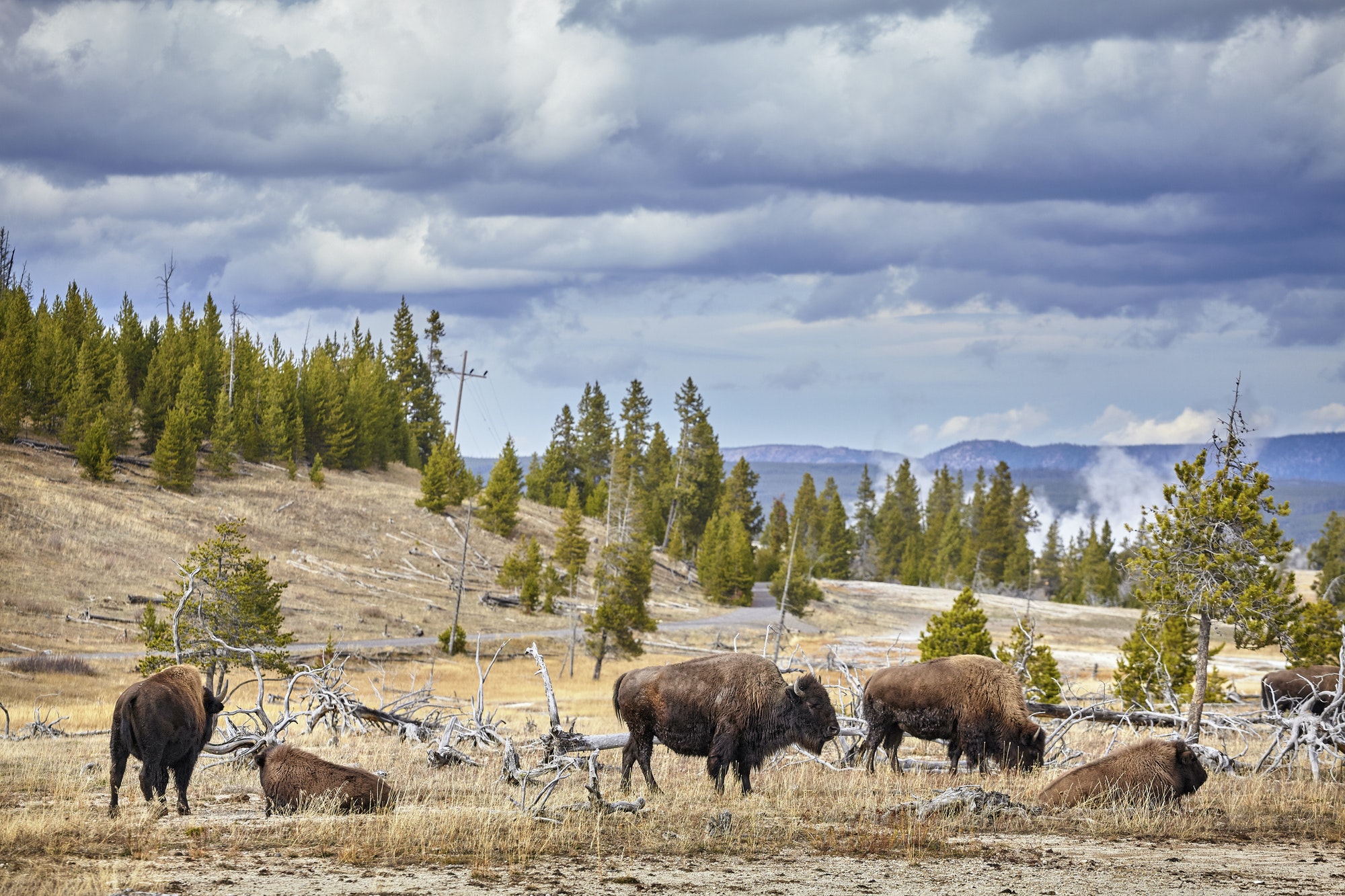 Physician's Money Digest
Physician's Money Digest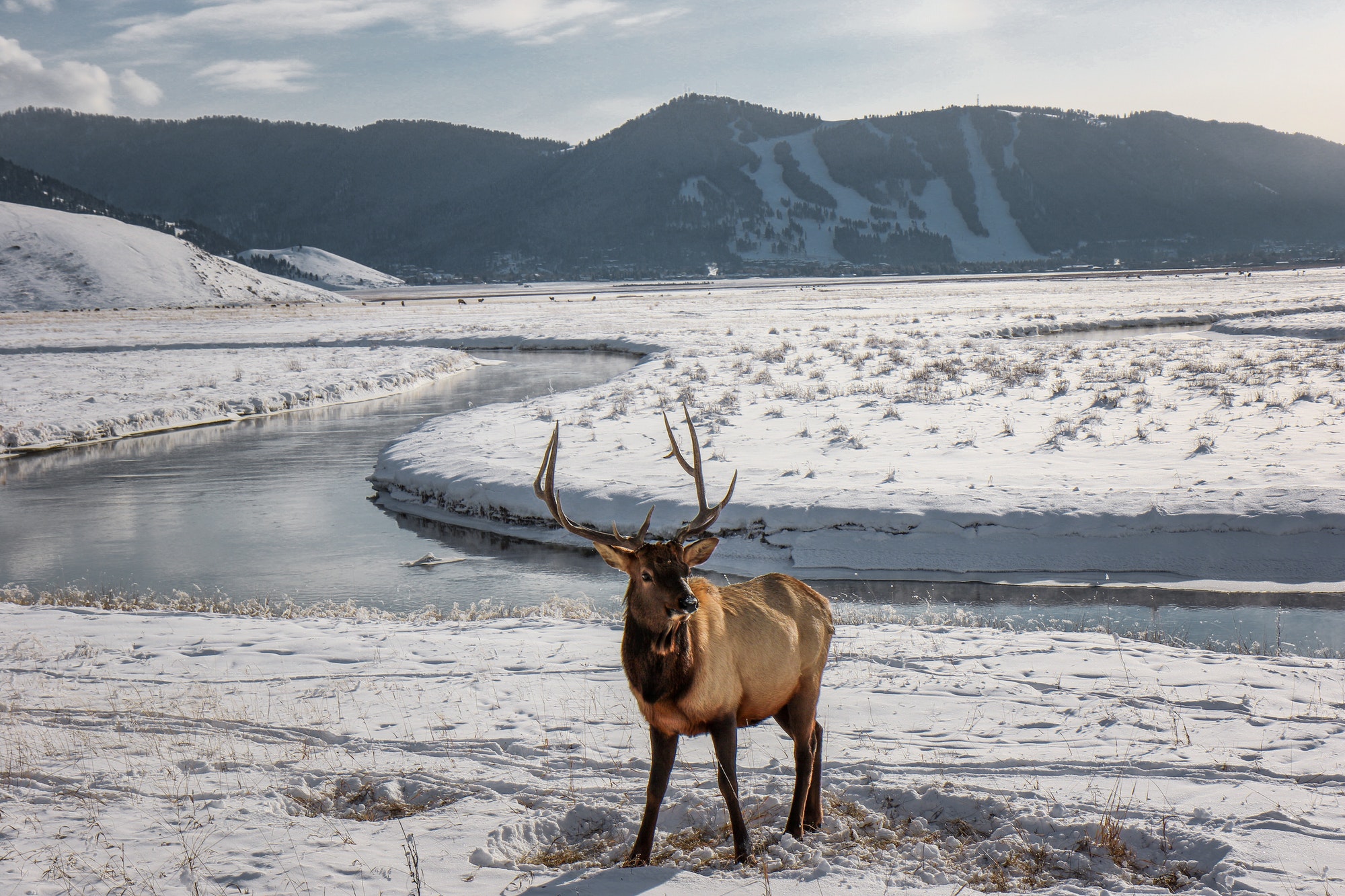 Travel Tips and Trips
Travel Tips and Trips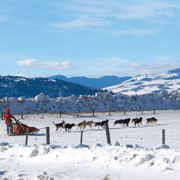 Dentist's Money Digest
Dentist's Money Digest Bindu Trips
Bindu Trips Bindu Trips
Bindu Trips